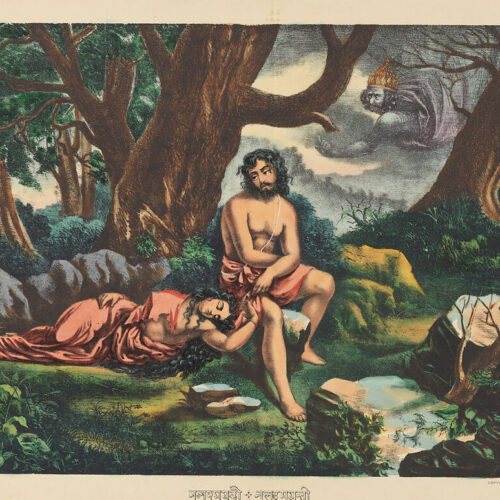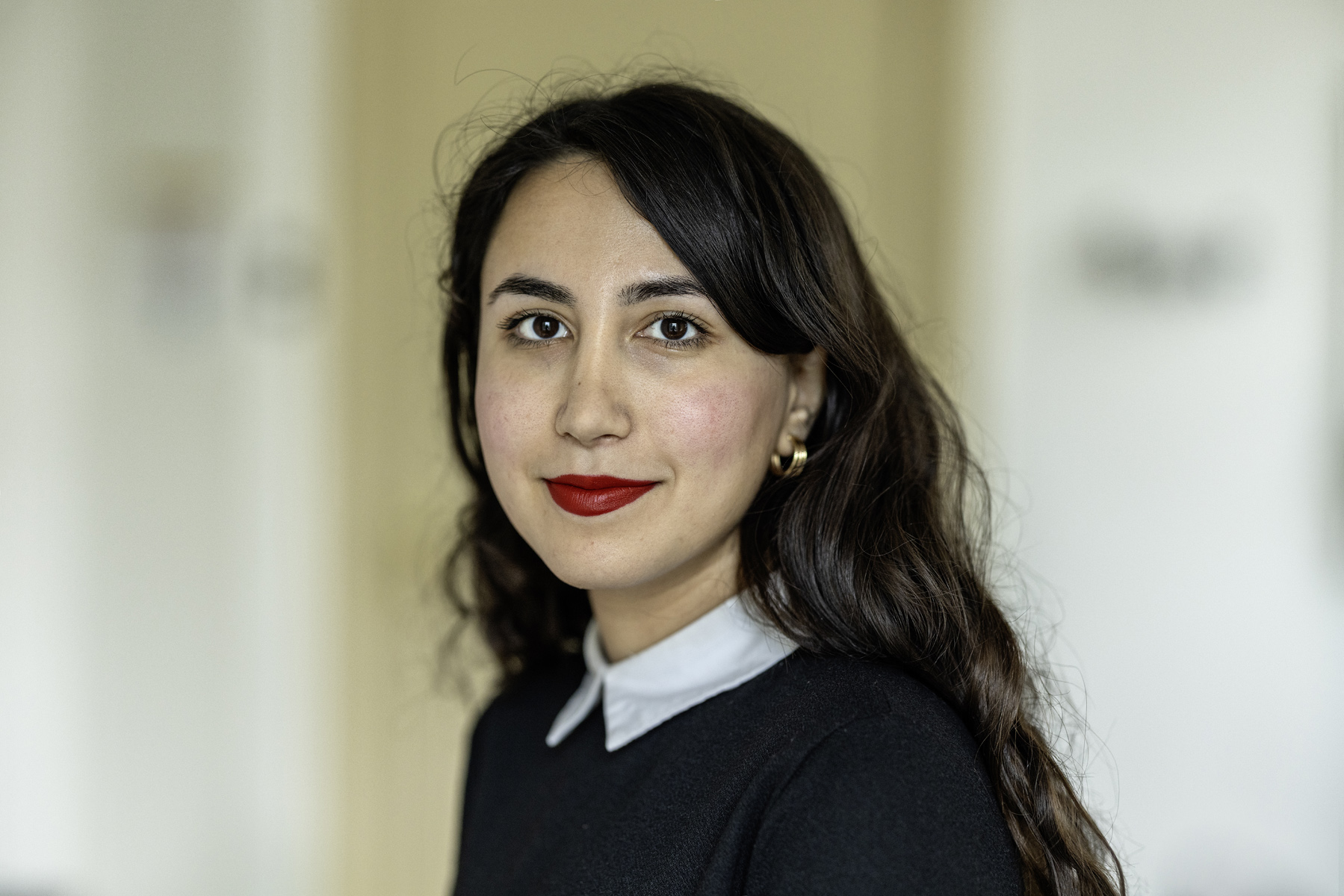Fatemeh Naghshvarian - 12 June 2024 , Blogs, News

Fatemeh Naghshvarian is a PhD candidate for the ERC Advanced Grant Beyond Sharia: the Role of Sufism in Shaping Islam, related to the project Qalandars in the ‘Divine Religion’ in India. She is an enthusiastic admirer of literature and interested in the intersection of humanities with the new technological developments and their applied implications. She did her graduate studies in Cultural Studies (MA) and Digital Humanities (MS) at the University of Leuven (K.U. Leuven), Belgium, and has previously studied English Language and Literature (BA) at Shiraz University, Iran. Fatemeh graduated magna cum laude from the University of Leuven. For her Cultural Studies master thesis, Fatemeh focused on the formal questions of aesthetic experimentations in conjunction with the sociocultural inquiries within the independent cinema of Ramin Bahrani. For her Digital Humanities master thesis, Fatemeh concentrated on exploring the role of structured data for performing arts by conducting a critical analysis of open data and audience engagement. After her graduation, Fatemeh did an Erasmus internship at Ofoundation in Utrecht. The project she was working on involved the promotion and online publication of Saleha Waheb Wassel’s art and poetry that entail elements of Sufism.
By and large, Fatemeh is passionate about the reciprocated authority of literature and society in shaping one another, identity formation, culture and politics, ideologies and the construction of knowledge. Fatemeh decided to join the Beyond Sharia project since she is particularly interested in the mutual influences of the historical evolvement of Islam and various receptions of the aesthetics and doctrines of Islamic mysticism. In this respect, within the ERC project, she will study the works of the poet laureate Feyzi (1547-1595) in conjunction with other contemporaries of the laureate to examine the formation of “Divine Religion” (din-e elahi) at the Indian Mughal court of Emperor Akbar. Her research will closely follow the chronological line of evolution embedded in the arch project, starting from the ‘wise fool’ ideas of the 9th and 10th centuries to antinomian movements in later centuries. By seeking to understand the pertinent influences of antinomian thoughts and heterodox religious thinking within Islam, she aims to navigate the impact of Islamic critical thinking on shaping the political implications of Divine Religion and “Universal Peace” in 16th-century Mughal India.
Video: “Beyond Sharia: Fatemeh Naghshvarian on Divine Religion in Mughal India” (2024)
